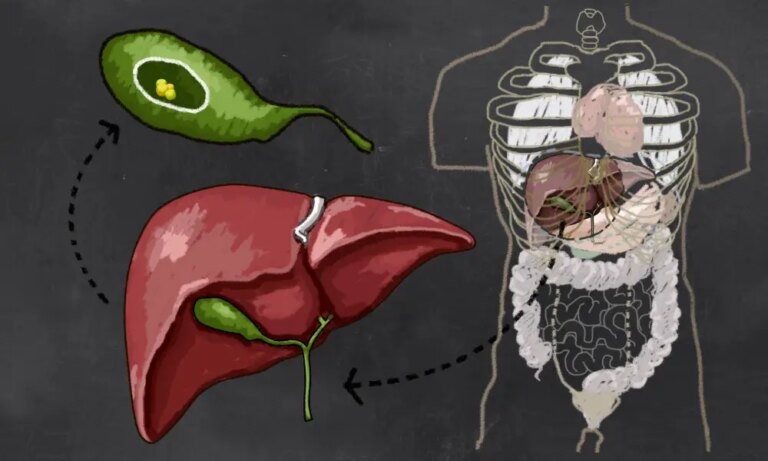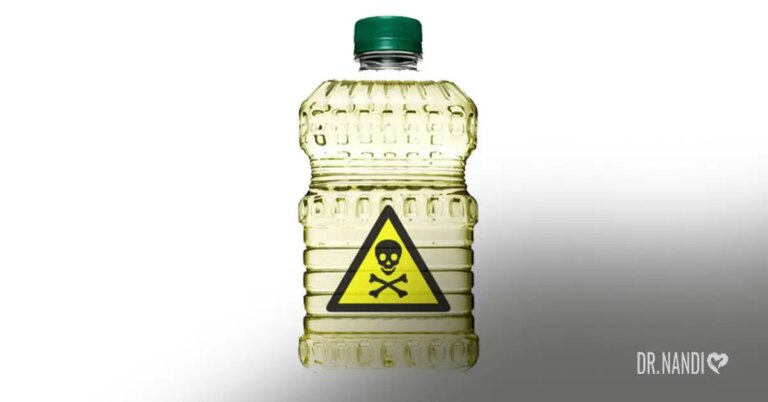(WXYZ) – Now that the temperatures are dipping below freezing, we need to be aware of how much time we spend outdoors – especially at night.
Many of us, we’re used to coping with the cold weather, but we must all be reminded of winter dangers like the possibility of freezing to death.
Our normal body temperature is 98.6 degrees, but the body starts shutting down when it hits 95 degrees. That’s called hypothermia and it’s a real danger.
Once your body hits 82 degrees, you can become unconscious. Death can happen when your body temperature goes below 70. In dangerous weather conditions, this can take less than an hour.
Death can happen faster if you fall through ice into the freezing water below.
Core Temperature Drop
The average temperature of a person’s core body is typically 98.6 degrees Fahrenheit (37 degrees Celsius). Hypothermia occurs when the core body temperature falls below 95 F (35 C). Surprisingly, people can become hypothermic even in relatively cool, but not freezing, air temperatures of 30 to 50 F (minus 1 to 10 C), especially if they are wet, for example, from rain, sweat, or submersion in cold water. The body loses heat 25 times faster in water than in air.
What’s the Lowest Temperature a Human Can Survive?
The speed of those changes may influence the body’s physical and physiological responses to changes in temperature. Consider a scenario in which the temperature gradually decreases. The body can generally continue to operate without significant responsibility for some time at that point.
We usually perish from the cold because our body temperature falls below 70 degrees.
When Does a Person Freeze to Death?
When our core body temperature begins to drop, it is difficult for us to stay warm. Our average core body temperature is 98.6 degrees Fahrenheit. If your internal body temperature drops below 95 degrees, you will become too chilly and risk death from hypothermia.
Hypothermia can happen even if it’s not cold outside. While the ordinary person would require chilly weather, you may get hypothermia at mild temperatures of 30-50 degrees Fahrenheit. If you’re damp, the temperature range might be much wider. It is because your body loses heat faster in water than in air.
What Is Hypothermia?
Hypothermia is a condition in which heat exchange with the environment is faster than it can be generated. Your body temperature dips below 35°C (95°F). Shivering, dizziness, stuttering, and forgetfulness are all symptoms. If not treated promptly, it might result in death.
Hypothermia is when the core body temperature drops below 95°F (35°C). When people are exposed to cold temperatures, have wet clothing, or are immersed in cold water, they are at risk for this illness.
Watch First for Frostbite
It only takes 5 to 10 minutes in freezing temperatures with a wind chill factor. Monitor your nose, cheek, chin, fingers, and toes for looking colorless and feeling numb. And pay attention to your eyes, they’re also vulnerable to the cold and can get frostbite as well.
If you experience any frostbite signs or feel like you can’t focus, get inside quickly. You can drink a warm beverage to warm up your core temperature.

Partha’s RX
- Know the temperature doesn’t have to hit zero for a person to experience dangerously low body temperature. And get immediate help if you suspect anyone has hypothermia. Symptoms include shivering, slurred speech, lack of coordination, confusion, and very low energy.
- If you’re heading outside, make sure your clothes are dry. You’ll lose heat 20 times faster if your clothes or skin are wet.
- Be sure to wear layers that absorb and draw away sweat. Put on a hat and scarf as you can lose 20 percent of body heat from your head.
- Don’t drink and drive. You can end up in the ditch and not be found for hours. This can lead to frostbite, lost limbs, and hypothermia.
When you’re driving around, shopping, or visiting loved ones, you can experience unexpected car troubles and find yourself in very dangerous winter conditions.
Drive With a Full Tank of Gas, Blankets, Water, and Snacks
Make sure your phone is charged. That way you encounter car troubles, you can wait a few hours for help.
I also have winter safety tips for when you exercise outdoors. Learn more here.

Copyright Scripps Media, Inc. All rights reserved. This material may not be published, broadcast, rewritten, or redistributed.
Data pulled from WXYZ



















